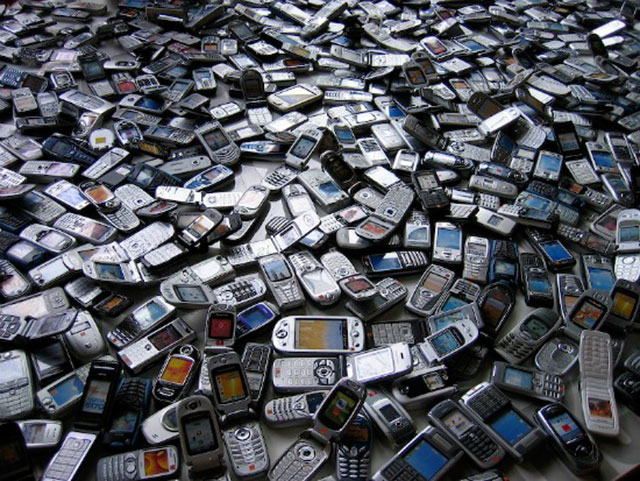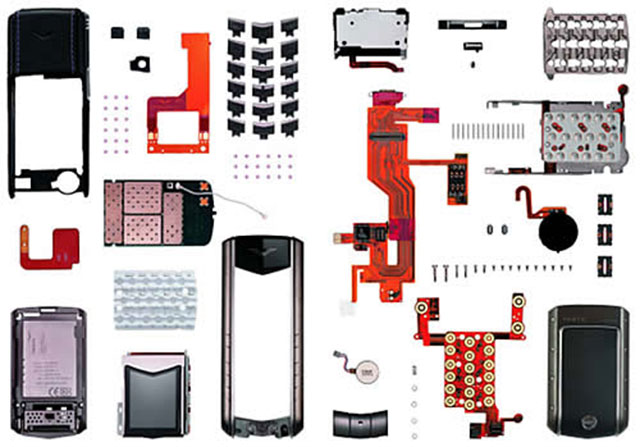The basic technology for cellular or mobile phones was developed after World War II in the late 1940s. The first cell phone call, however, was not made until 1973 when Martin Cooper, working at Motorola, became the “father of the cellphone” when he called a rival company that was working on the same technology.
History of Cell Phone Technology
They did not become commercially available until 1983 and the first models weighed two pounds. In 1993 IBM marketed the first smart phone with features that included a calendar, fax, and touch screen. Samsung believes the future is now with its introduction of the Galaxy Gear, a wrist watch smart phone that finally fulfills the wrist radio Dick Tracy fans were promised more than half a century ago.
Cell Phone Science 101
The cell phones almost everyone carries with them are actually two-way radios. The difference between your phone and walkie-talkies is the way their signals are transmitted. Cell phones send signals directly to a nearby base station, also called a cell site that relays your call to the person with whom you want to talk. A walkie-talkie, in contrast, transmits a broad signal that can be picked up by any radio within range that is tuned to the same frequency. A base station has an antenna that sends and receives your phone calls in the form of electromagnetic radiation or radio waves. As you move around your call gets transferred from one base station to another to maintain reception.
Reading suggestion: With the Evolution of the Internet, are Viruses Evolving as Well?

Under the Hood
Most cell phones have had the same basic components since their inception. These familiar parts include the antenna, liquid crystal display, keyboard, speaker, microphone, and battery. The least familiar part of a cell phone to the average user is probably the circuit board. The circuit board includes conversion chips that convert incoming digital signals to analog and outgoing analog signals to digital. Analog signal is what you hear as your friend’s voice coming through the speaker. The signal was in a digital format, however, when it was being transmitted across the cellular network between your phone and your friend’s. The circuit board’s brain is the microprocessor. It is responsible for coordinating the operations of your cell phone.
Reading suggestion: Evolution – A Review of the iPhone 4
Modern Cellular Communications
When cell phones first became available relatively few people were using them, but today many people have given up their land lines and rely entirely on their mobile phone. With millions of people constantly calling, surfing the web and texting, cellular carriers have had to continue to push the technology forward. People have become sensitive to the sometimes unsightly appearance of metal cell towers dotting the landscape so carriers have taken an artistic turn. Instead of metal poles, towers are often disguised as clock towers, palm trees and chimneys. Another advancement is the development of micro cell sites. These micro sites are small pieces of equipment that can be attached to an existing structure like a light pole, providing coverage for an intersection and other specific spots. Another new technology is the distributed antenna network. This is a limited network set up to provide coverage for a single structure such as an arena or a mall.
Hank Melbourne writes on cell phones, iPads, tablets, gadgets, gizmos, computer hardware, video games and other neat topics; iPad owners looking to further improve their devices should take a peek at the kensington ipad case from kensington.com.
